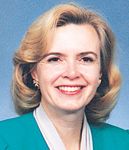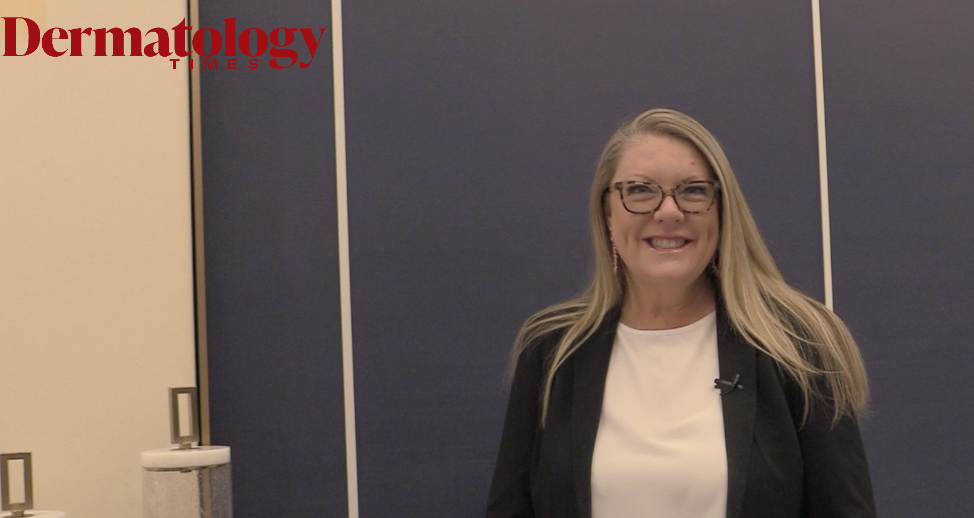- Case-Based Roundtable
- General Dermatology
- Eczema
- Chronic Hand Eczema
- Alopecia
- Aesthetics
- Vitiligo
- COVID-19
- Actinic Keratosis
- Precision Medicine and Biologics
- Rare Disease
- Wound Care
- Rosacea
- Psoriasis
- Psoriatic Arthritis
- Atopic Dermatitis
- Melasma
- NP and PA
- Skin Cancer
- Hidradenitis Suppurativa
- Drug Watch
- Pigmentary Disorders
- Acne
- Pediatric Dermatology
- Practice Management
- Prurigo Nodularis
- Buy-and-Bill
Article
So many meetings, so little time
Dozens of meeting and learning opportunities are offered to dermatologists every year. The American Academy of Dermatology (AAD) has its national meetings, then a variety of regional, state and local societies put on their programs, shared interest groups have meetings and commercial enterprises offer educational experiences. Add to those international gatherings - and doctors could conceivably never go into their offices.

So, with all of those opportunities, how do dermatologists decide which meetings - if any - they are going to? On Call asked several dermatologists around the country how important those meetings are, how many they attend and what determines which ones they choose to attend. We also asked for tips on how to get the most out of those meetings.
Broadening knowledge base

"Of the smaller one-day courses here or there, I probably attend another three or four and I go to my monthly dermatology meetings in our area - I like going to meetings," she laughs.
The solo practitioner says she does get definite benefits from taking time out for those sessions.
"It motivates me - listening to other dermatologists. It also keeps me on the edge - learning.
"At the one I'm going to now, specifically, I'm going to learn a little bit about the newer lasers that are out there - the Titan (Cutera) and the Fraxel (Reliant Technologies). I'm trying to figure out if I can incorporate those into my practice. This should help.
"Learning keeps you motivated. When I don't go to the meetings, I feel a little bit out of it."
In practice for eight years, Dr. Gaminchi says she doesn't go to just any meeting or just because the location is attractive.
"The quality of the meeting determines where I go. It's not an issue of location. I talk to my colleagues and hear about meetings that have a better reputation than others. Sometimes the smaller surgical meetings are pretty rewarding because the size of the discussion groups is smaller. Some are more like workshops where you can see the videos or live patient demonstrations - I like those.
"While the AAD meeting is good, it can be a little too much. There are a lot of people, a lot of booths, a lot of lectures. Since my interest is surgical, I usually choose those meetings more."
Subject matter worth
In practice for 25 years, Robert S. Baer, M.D., in Newport Beach, Va., goes to a fair number of meetings, too.
"I go fairly frequently. I go to the local Tidewater Dermatology meeting about every other month. I probably go to four national meetings a year - the AAD, the Winter Ski Seminar, a Las Vegas meeting, the Winter Update. My choices are based on subject matter, number one. You've got to have worth to what you're doing. If it falls together with other things that work to our favor, that's great. But when I attend the meetings - I really do go to the meetings."
A clinical assistant professor at Eastern Virginia Medical School, Dr. Baer says a good meeting has a lasting impact.
"You find yourself, at least I do, reflecting back for the next three or four weeks to the things you picked up - and you find that you're actively using them right then and there in your practice."






